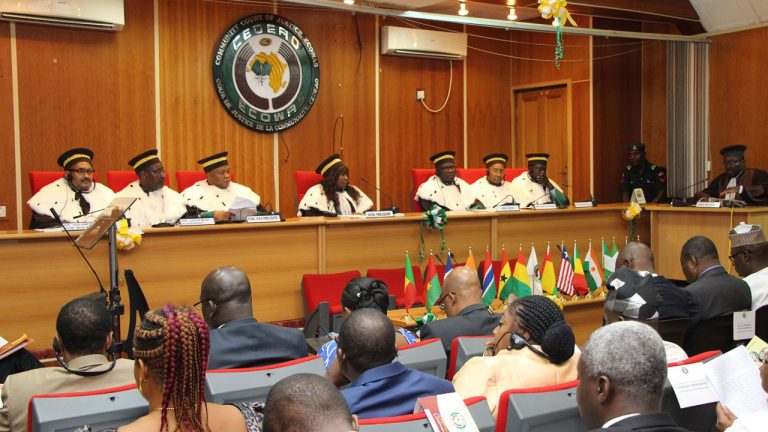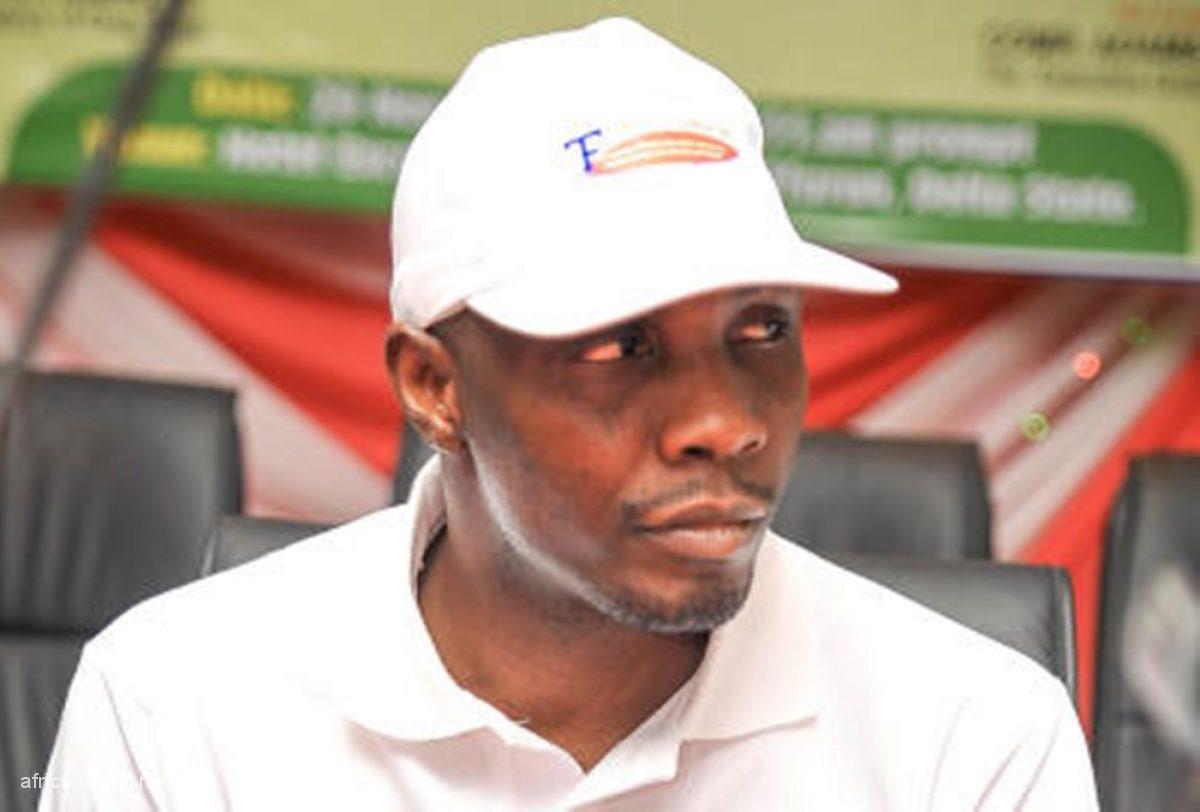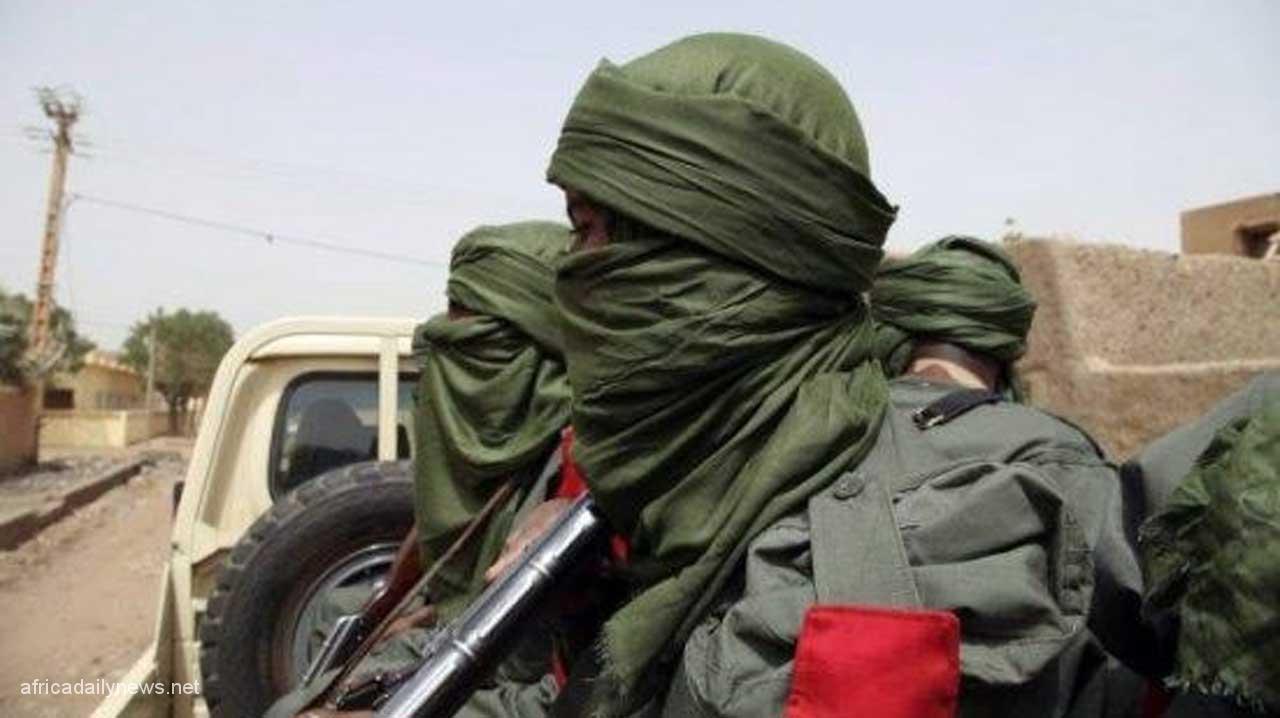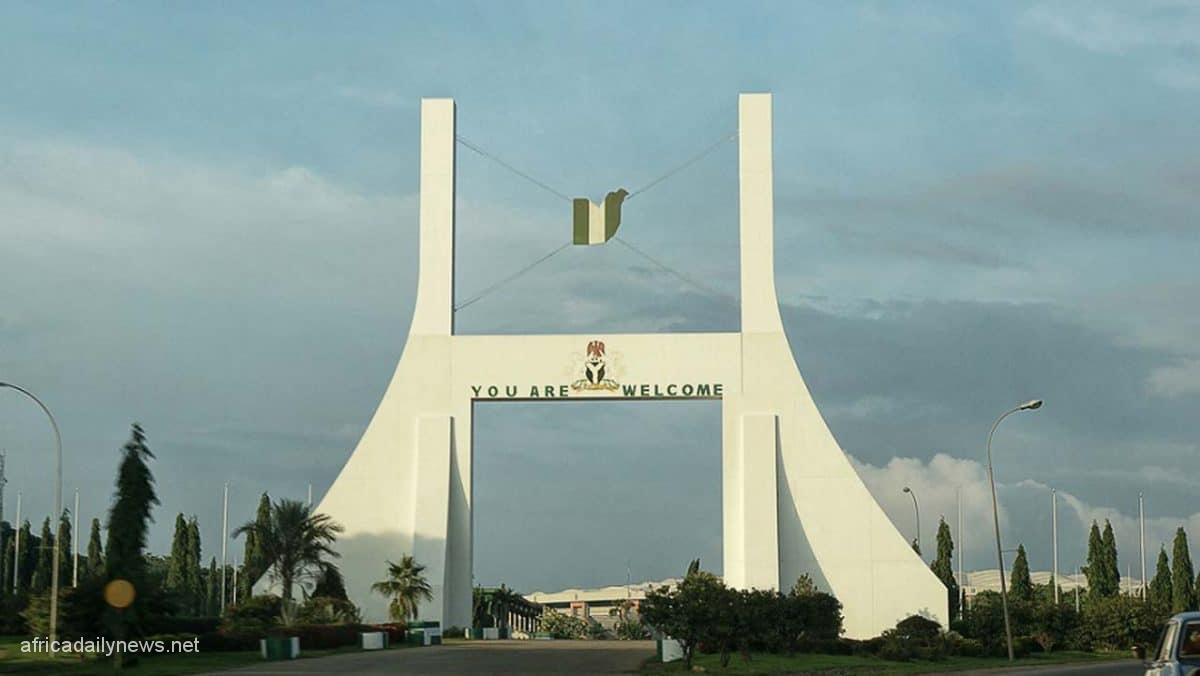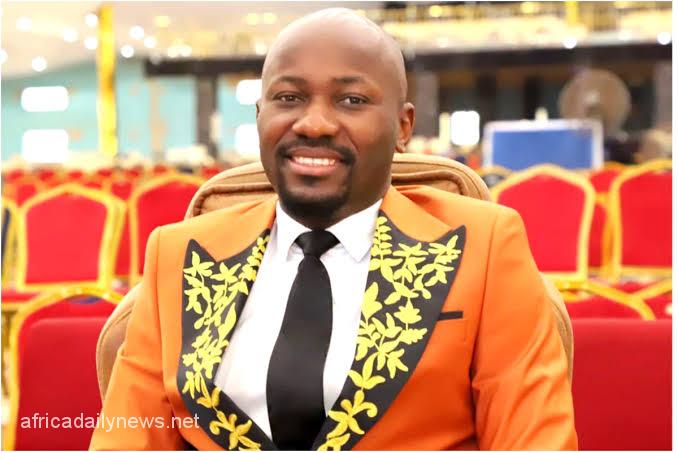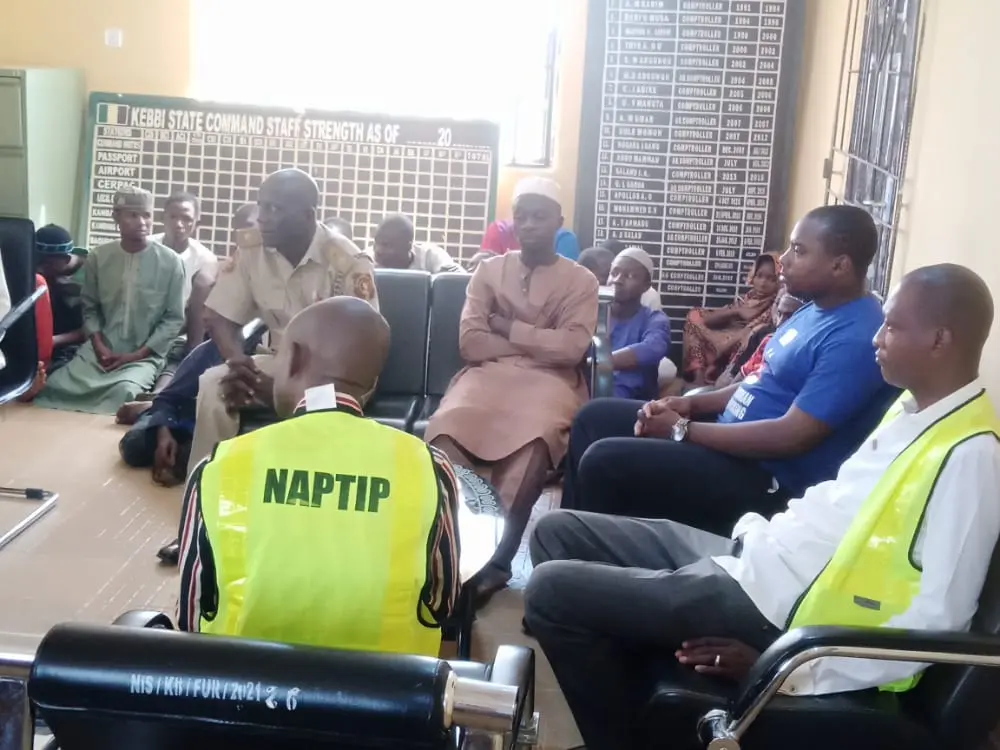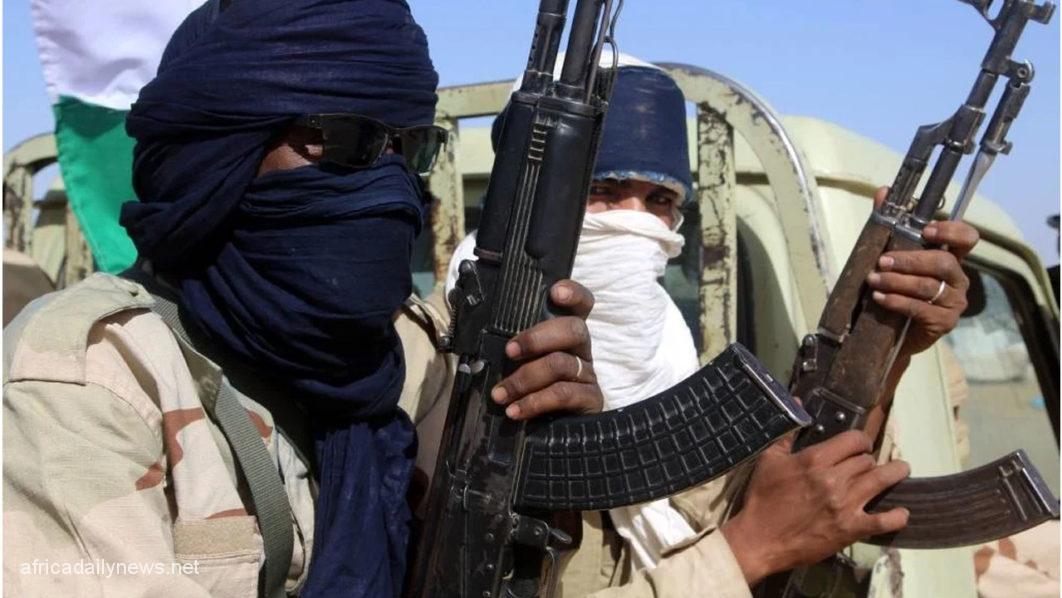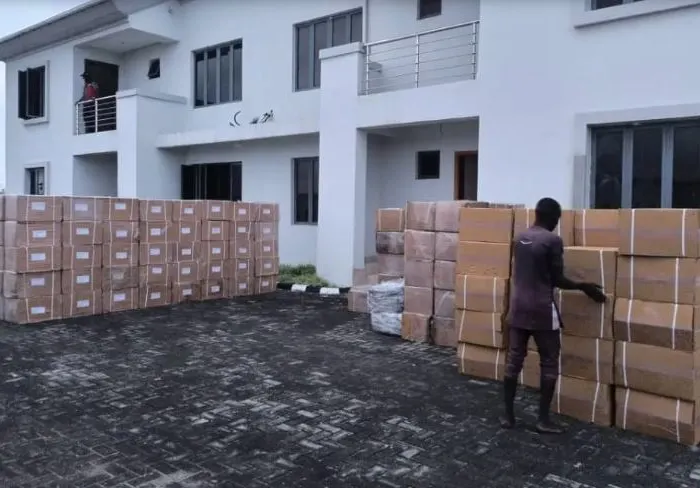The Sierra Leonian government has been dragged before the ECOWAS Community Court in Abuja over allegation it mismanaged millions of United States Dollars donated to fight the deadly Ebola virus, which killed about 4,000 people the country.
The plaintiffs, a non-governmental organisation – Centre for Accountability and the Rule of Law, and two nurses affected by the virus while giving treatment to affected people, Hawa Jalloh and Fatamata Sesay, had claimed that after Ebola arrived in Sierra Leone in 2014, the government mismanaged and lost millions of US dollars of financial resources earmarked specifically for combating the disease.
They alleged that at least $14million was mismanaged by the government of Sierra Leone while trying to contain the virus.
They claimed that the loss of the Ebola funds had real-life consequences for Sierra Leoneans.
According to them, funds designated as hazard pay for hundreds of healthcare workers disappeared under the Government’s watch, causing hospital strikes in Kenema town and elsewhere that led to spikes in Ebola infections.
Among other reliefs, the plaintiffs are asking the ECOWAS Court to compel the Sierra Leonian government to provide reparations for Ebola victims who were needlessly infected and died due to mismanagement of the Ebola funds.
They also asked the court to declare that the mismanagement of the funds violated their right to life.
They asked for an order compelling the government to establish a commission of inquiry to investigate civil and criminal liability arising from mismanagement of the funds.
Yesterday when the case came up before the court, counsel to the plaintiffs, Mr. Oludayo Fagbemi applied to the court to move its sitting to Freetown, the capital of Sierra Leone to enable the plaintiffs attend court and bring their witnesses.
Citing Article 26 of the Ecowas court protocol, Fagbemi said that the plaintiffs did not have the financial resources to attend the court in Nigeria and that if the court fails to relocate to Freetown, they would be denied justice.
Fagbemi argued that the case was of very high public interest and that many people in Sierra Leone were desirous of participating in the hearing of the case.
According to him, circumstances and facts of the case demand that the court move to Freetown to hear the matter.
Opposing the application, a Principal State counsel from the Office of the Sierra Leone Attorney General, Mr. Usman Kanu told the court that the right of victims of the deadly Ebola virus was not of national importance.
When the court called on Kanu, who led a team of lawyers from the country to respond to the application to move its sitting to Freetown, he urged the court to refuse the application.
He also said that there was no special circumstance to warrant the relocation to Freetown for the proceedings.
Kanu agreed that it was at the discretion of the court to decide to sit anywhere in any member state but he, however, urged the court to exercise its discretion against the applicants saying the plaintiffs have not shown any special circumstance to persuade the court to rule in their favour.
In a short ruling, the presiding judge, who is also the president of the court, Justice Edward Asante, said that the court did not have the capacity to transport judges and court staff to Sierra Leone.
The court refused the application.
ALL AFRICA

